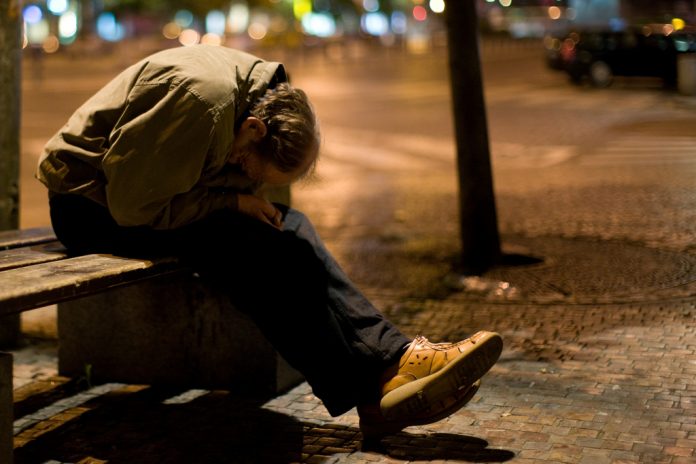To mark the World Humanitarian Day, Caritas Europa wants to remind about the suffering of those caught in humanitarian crises all over the world.
Today, Caritas Europa is launching a new microsite on emergencies. It is a platform for raising awareness about ongoing small- and medium-sized emergencies in Europe where Caritas is active, as well as a source of information about its humanitarian advocacy and capacity building work. Caritas’ focus is on improving the capacity of local actors – their preparedness, resilience and response.
According to the 2018 World Humanitarian Data Trends, published by the UN’s Office for the Coordination of Humanitarian Affairs (OCHA), one in every 70 people around the world is caught up in a crisis and is in urgent need of humanitarian assistance and protection. Moreover, nearly three quarters of people targeted to receive assistance in 2018 were in countries that have been affected by a crisis for seven years or more.
These two simple data show that humanitarian assistance needs to be re-thought, especially since the gap between humanitarian needs and global funding commitments is slowly getting wider.
Caritas is one of the largest global humanitarian networks with167 organisations active in more than 200 countries and territories in the world. Part of this confederation, Caritas Europa is a major responder in humanitarian crises, and coordinates the network’s response in small- and medium-scale emergencies in Europe. Caritas is always rooted in local communities and, therefore, active at the grassroots level before, during and after an emergency strikes.
Caritas Europa points out that media coverage can be very capricious at the outbreak of an emergency. Affected communities and local institutions are often in the spotlight for only a short period, if at all. Yet, their many and serious needs are usually longer-term, and extended visibility is crucial for appealing to the national or international community.
According to Caritas Europa when humanitarian crises become ‘forgotten’ or ‘invisible’, it is our duty to try to reverse this tendency and raise the voice of those who are left aside in the harshest of conditions.
“Local communities and organisations are usually the first responders in case of an emergency. As an organisation of the Catholic Church, Caritas is at the heart of local communities and well placed to offer refuge for victims and invaluable support to people in need. At the same time, the first responders may themselves also be directly affected by the emergency. Yet, they continue to provide vital support, despite the fact that they very often face significant financial limitations,” says Maria Nyman, Secretary General of Caritas Europa.
With this new microsite, Caritas aims at further improving transparency and accountability to the people as well as to the private and public institutions that are supporting this vital action.

